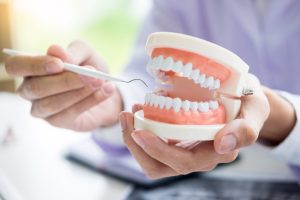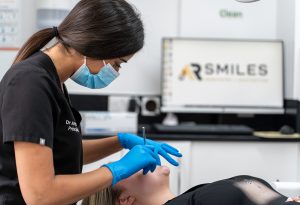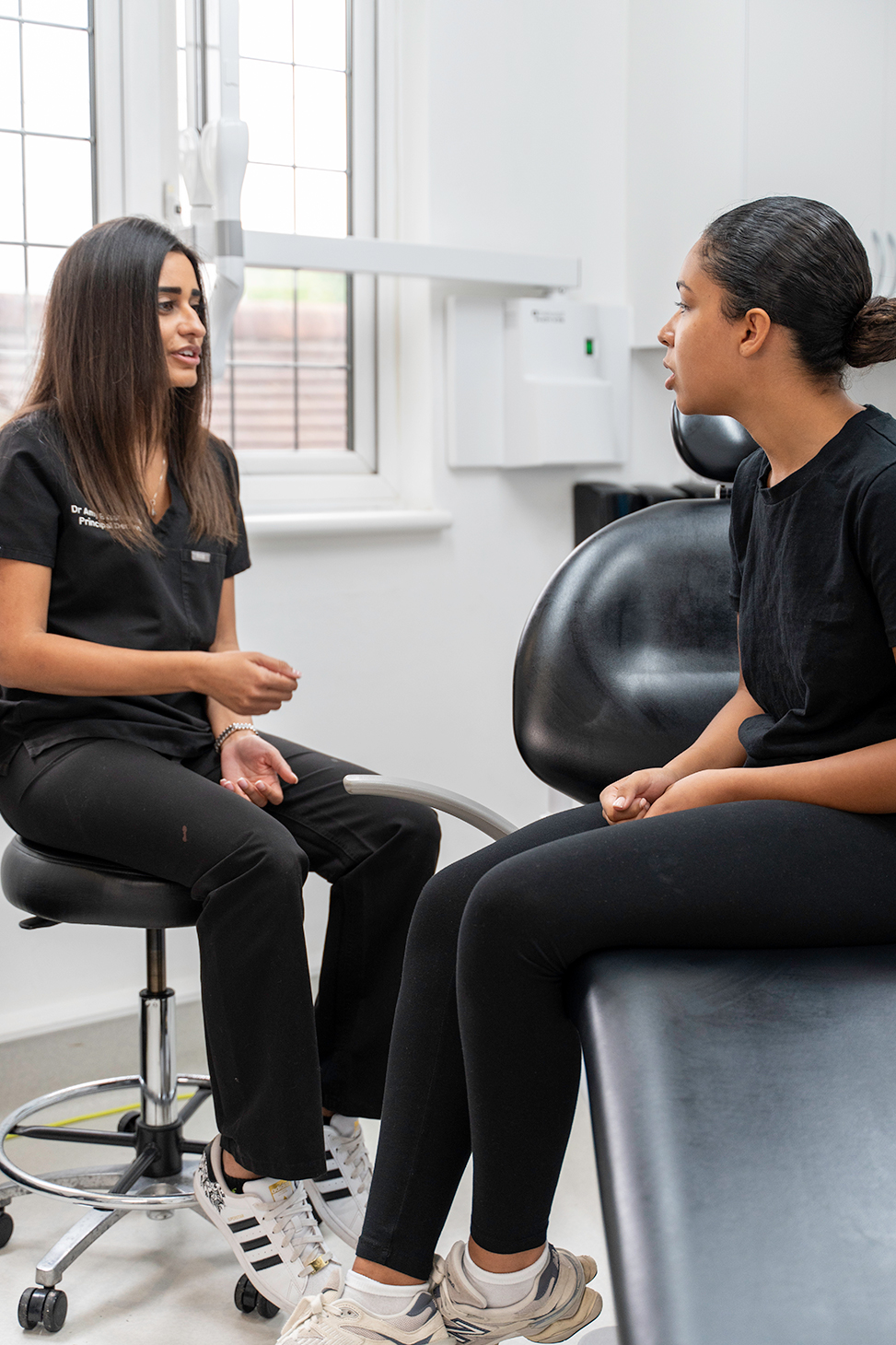Dental implants are a life-changing solution for those who have lost teeth, offering durability and functionality. However, just like natural teeth, implants require proper care and maintenance to ensure their longevity and optimal performance. One of the most important aspects of implant care is cleaning. Without the right cleaning routine, dental implants can develop complications, such as infections or gum disease, which may affect their success.
In this article, we will explore essential tips for cleaning dental implants, helping you keep your smile healthy and bright for years to come.
Why Proper Cleaning is Crucial for Dental Implants
Dental implants are made of titanium and other biocompatible materials that fuse with your jawbone, providing a stable foundation for artificial teeth. Despite being strong and durable, they are still susceptible to plaque buildup, bacteria, and tartar accumulation, which can lead to inflammation and implant failure if left untreated. 
By following the right cleaning routine, you can reduce the risk of complications such as peri-implantitis (inflammation around the implant) and maintain the health of your gums and surrounding tissues.
1. Brush Your Implants Twice a Day
Just like natural teeth, dental implants need to be brushed twice a day to prevent plaque buildup. Use a soft-bristled toothbrush and fluoride toothpaste to gently clean the surface of the implant and surrounding gums. Be sure to brush along the gumline and all areas of the implant restoration, including the crown and abutment.
Tip: Avoid hard-bristled brushes, as they can damage the implant or gum tissue.
2. Flossing Is Essential for Implants
Flossing helps remove debris and plaque from areas that brushing alone can’t reach. For dental implants, it’s essential to floss around the base of the implant and between teeth, especially if you have multiple implants or a bridge.
Tip: Consider using a floss specifically designed for implants, such as an implant-friendly floss or a floss threader, which can help you reach tight spaces without damaging the implant or surrounding tissues.

3. Use an Antiseptic Mouthwash
An antiseptic mouthwash can help kill harmful bacteria and prevent infection around your dental implants. Rinsing with mouthwash after brushing and flossing helps promote gum health and reduces the risk of plaque buildup.
Tip: Choose a mouthwash that is alcohol-free and formulated for use with dental implants. Consult your dentist for recommendations.
4. Invest in a Water Flosser
A water flosser, also known as an oral irrigator, uses a stream of pulsating water to clean between your teeth and along the gumline. It’s particularly effective for cleaning dental implants, as it gently removes food particles and plaque from hard-to-reach areas.
Tip: Set the water flosser to a gentle setting to avoid damaging your implants or gums.
5. Avoid Hard or Sticky Foods
While dental implants in Chislehurst are strong, they are not invincible. Hard or sticky foods can damage or loosen the implant restoration, making cleaning more difficult. Avoid chewing on hard candies, ice, or sticky foods like caramel to protect your implants.
Tip: Opt for softer foods that are easier on your dental implants while still providing essential nutrients for overall oral health.
6. Regular Checkups with Your Dentist
Regular visits to your dentist are essential for monitoring the health of your dental implants. Your dentist will check for signs of infection, inflammation, or other issues that could affect the success of the implant. Professional cleaning is also important to remove any buildup of tartar or plaque that may have formed over time.
Tip: Schedule regular checkups every 6 to 12 months to ensure your implants remain in excellent condition.
7. Quit Smoking
Smoking is one of the leading causes of implant failure. It reduces blood flow to the gums, making it harder for the tissues to heal and fight off infections. If you smoke, quitting will significantly improve the long-term success of your dental implants.
Tip: Seek support from your healthcare provider or a smoking cessation program to help you quit.
8. Be Mindful of Grinding or Clenching
Teeth grinding or clenching, often associated with stress or sleep disorders, can put excessive pressure on dental implants, potentially causing damage. If you are prone to grinding your teeth, talk to your dentist about wearing a custom nightguard to protect your implants.
Tip: Make sure to address any underlying causes of grinding or clenching to protect both your natural teeth and dental implants.
Conclusion
Proper cleaning and care are key to ensuring the longevity and success of your dental implants. By following these essential tips – brushing, flossing, using mouthwash, and visiting your dentist regularly – you can maintain a healthy smile and prevent complications down the road.
If you have any questions about caring for your dental implants or need professional advice, don’t hesitate to reach out to AR Smiles (formerly The Neighbourhood Dentist in Eltham) We will provide personalized recommendations based on your unique needs, helping you keep your implants in optimal condition.

